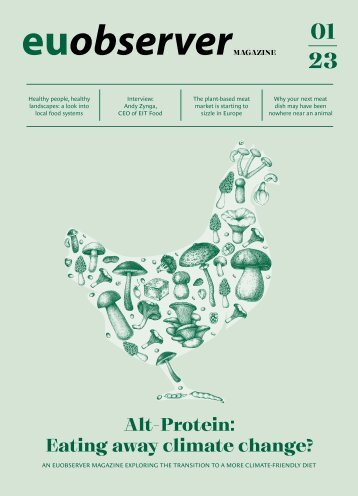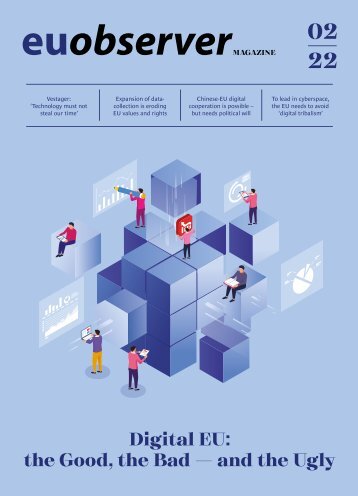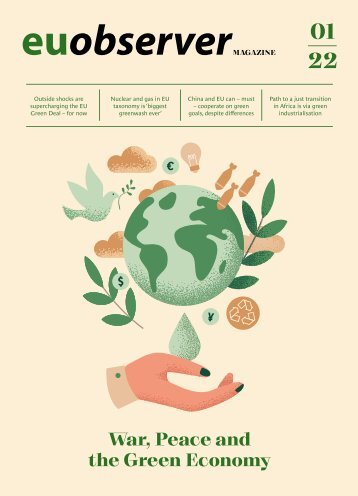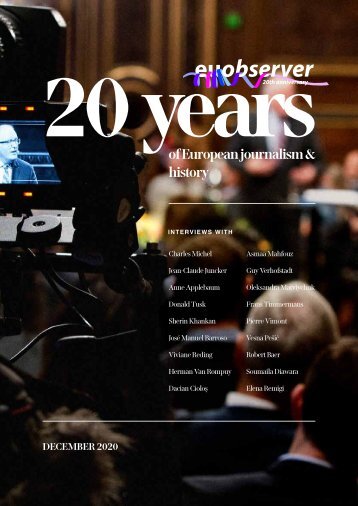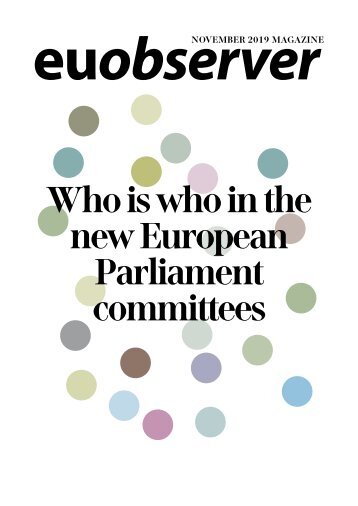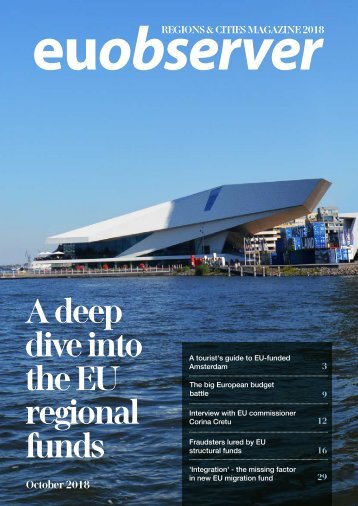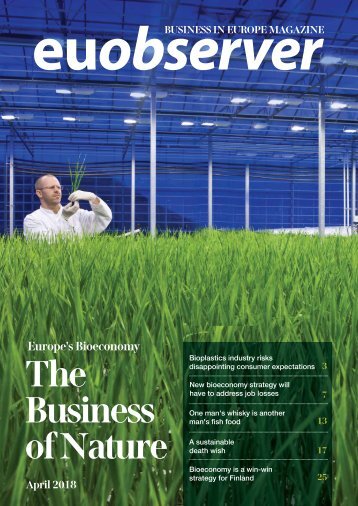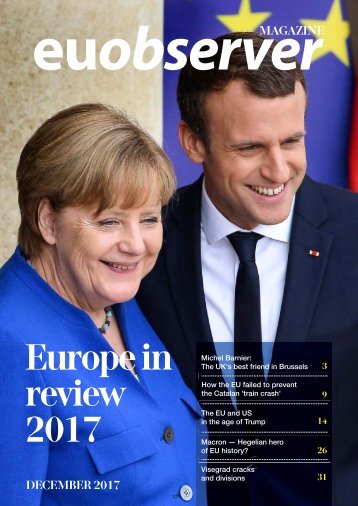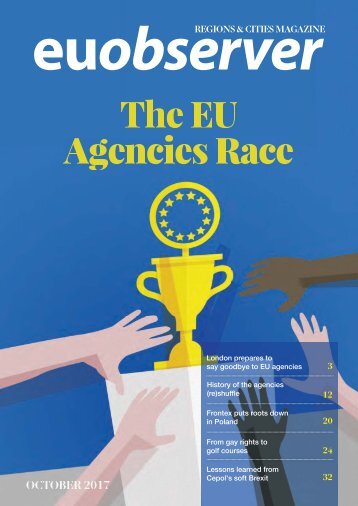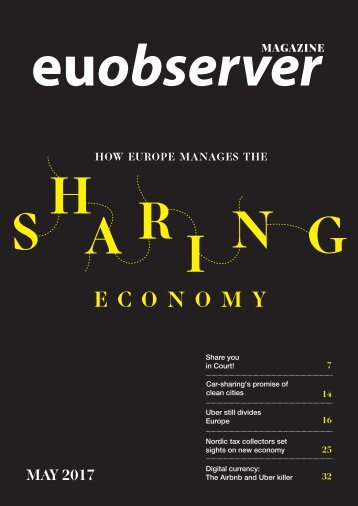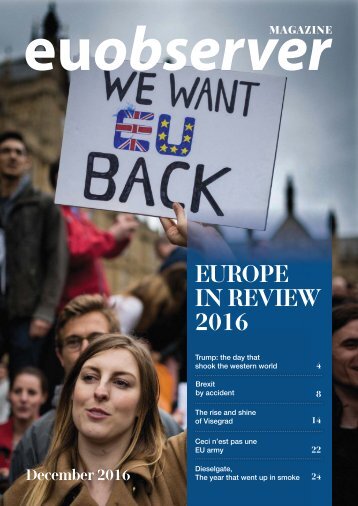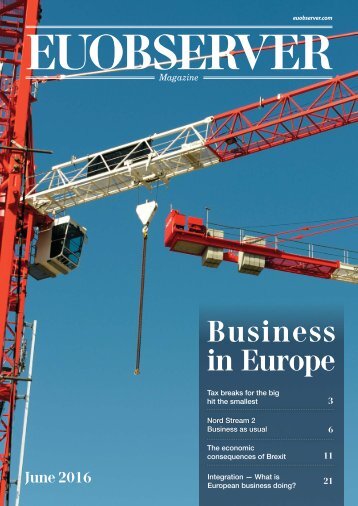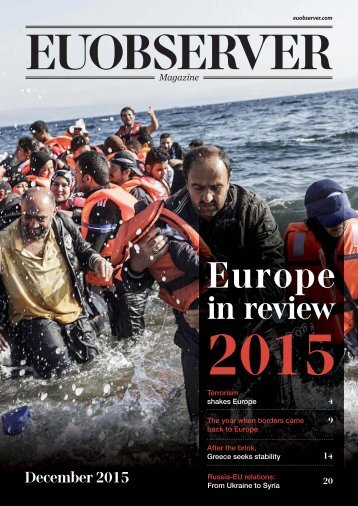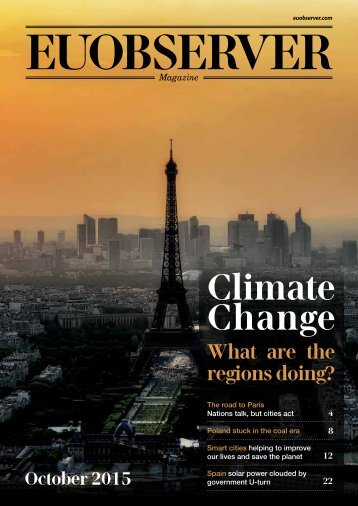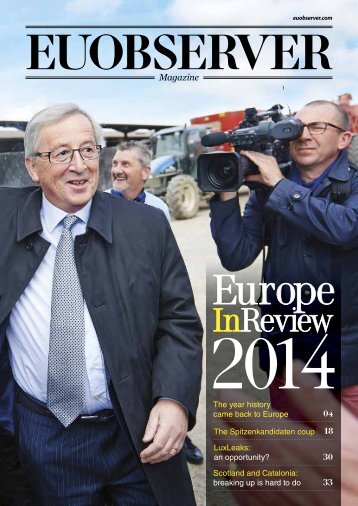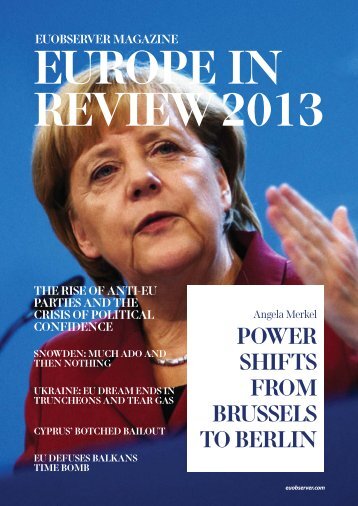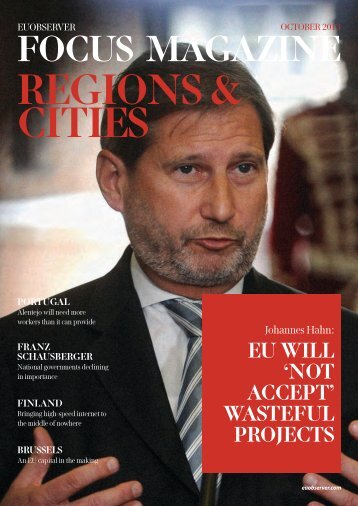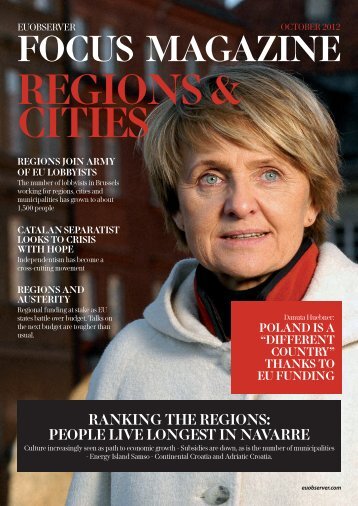Europe in Review 2016
- Text
- Parliament
- Poland
- Hungary
- Visegrad
- Yearbook
- Europe
- Tax
- Luxleaks
- Union
- Politics
- Brexit
Photo: Reuters BY
Photo: Reuters BY ACCIDENT The British vote to leave the EU was, in large part, the product of neglect and circumstance. But it is also too late to put the genie back in the bottle. By Benjamin Fox The referendum on 23 June was supposed relationship with the EU. It did, but not in the 52-48 percent margin to leave the EU. Benn described the referendum as “principally a vote against the status quo”, referencing a backlash from the losers of globalisation. It was, he said, “a Although opinion polls had the vote as "too close campaign, surprisingly few commentators actually How did Britain end up in this strange position – a land in which Nigel Farage is the most successful politician and Boris Johnson is foreign secretary? Conservative leader to win a majority in over 20 He had, however, already sown the seeds of his own destruction by promising to hold an in/out EU referendum. party, and thought he needed to take on Ukip,” Hilary Committee in the UK Parliament, told EUobserver. Le Pen, and Golden Dawn, he added. advisers and campaigners on both sides to describe the numerous tactical blunders and misjudgements made over several decades by successive prime ministers that led to the Leave majority. LEAVE HAD THE BEST SLOGAN In 2016, Cameron secured only thin gruel from his talks with fellow EU leaders – removing Britain from the commitment to “ever closer union” in the EU treaties and a weak pledge to limit access to welfare Cameron-fronted Remain campaign was misjudging 08 — EUROPE IN REVIEW DECEMBER 2016
In contrast, the Vote Leave campaign led by Boris "Take back control" - and based their campaign on issues like the cost of EU membership. Shut out of Out group, bankrolled by multi-millionaire Arron Banks, ran a highly professional campaign focused on immigration and also gained wide access to the airwaves. Clinton for the US presidency in November, the referendum was decided by voters in long neglected parts of the UK. The North of England and Wales - former industrial heartlands and long-time Labour strongholds - delivered decisive majorities for Leave. The campaign itself was unedifying, interminable, and thoroughly divisive, marked by the assassination although the most egregious lies tended to come WHAT HAPPENS NEXT? status" within the EU was followed by a half-hearted and misjudged Remain campaign which he fronted, with little help from a moribund Labour party and a Liberal Democrat party on life-support. The government, meanwhile, has given few clear indications of its key demands, particularly whether union. 'WE CAMPAIGNED PASSIONATELY BUT WE LOST' Benn argues that the process of negotiating a new relationship between the UK and the EU will take treaty. of the French and German elections [in spring and autumn 2017]. There will have to be a transitional arrangement,” he says. It is hard to escape the conclusion that the accidental circumstance. It is also too late to put the genie back in the bottle. “If you think that trust has broken down in our politics, imagine if this is not implemented. The idea that parliament will turn and say 'we know better' is not going to happen,” said Benn. “We all campaigned passionately for Remain, but we lost.” Voters were essentially asked to vote for David time too many. Having insisted that triggering article 50 could be done in November. Hilary Benn's parliamentary committee began its work in mid-November. However, most rolled the dice one time too many. Photo: Number 10 Downing Street EUROPE IN REVIEW DECEMBER 2016— 09
- Page 1 and 2: MAGAZINE EUROPE IN REVIEW 2016 Trum
- Page 3 and 4: Challenging current and future lead
- Page 5 and 6: “American Psycho”, said Liberat
- Page 10 and 11: Primary school teacher Rossano Erco
- Page 12 and 13: An EU hotspot in Samos. The EU comm
- Page 14 and 15: THE RISE AND SHINE OF VISEGRAD The
- Page 16 and 17: proposal on “posted workers”, w
- Page 18 and 19: the europhobes that a former commis
- Page 20 and 21: EU LEGITIMACY IN QUESTION From lost
- Page 22 and 23: Trade: Is Europe still open for bus
- Page 24 and 25: Photo: European Parliament Dieselga
- Page 26 and 27: Photo: David Martinez Bienkow
- Page 28 and 29: Eurocorps soldiers in front of the
- Page 30 and 31: 2016 in pictures Poland the publi
- Page 32: 32 — EUROPE IN REVIEW DECEMBER 20
Inappropriate
Loading...
Mail this publication
Loading...
Embed
Loading...

